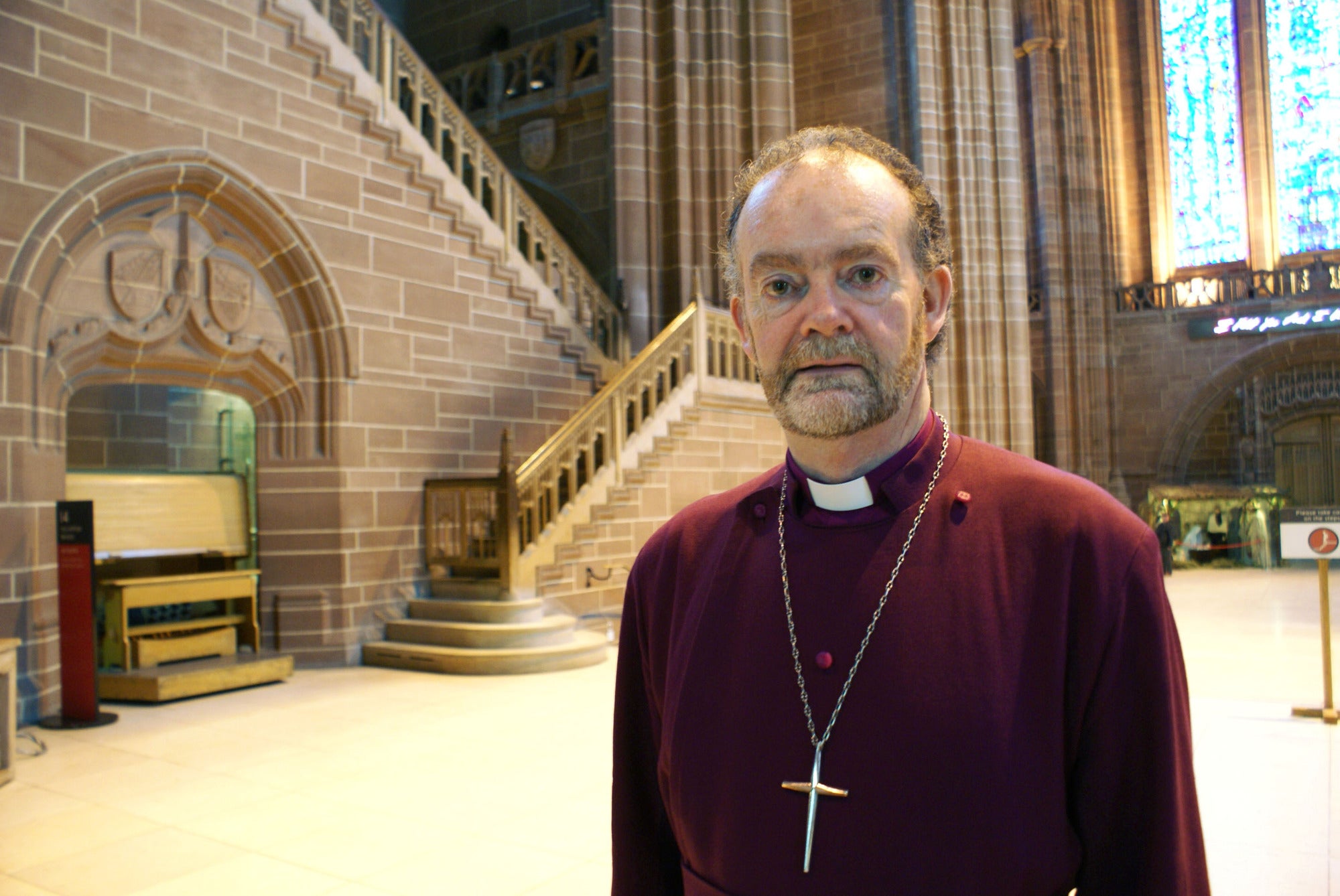TV review: Hillsborough - Never Forgotten, BBC2
Scott & Bailey, ITV

Your support helps us to tell the story
From reproductive rights to climate change to Big Tech, The Independent is on the ground when the story is developing. Whether it's investigating the financials of Elon Musk's pro-Trump PAC or producing our latest documentary, 'The A Word', which shines a light on the American women fighting for reproductive rights, we know how important it is to parse out the facts from the messaging.
At such a critical moment in US history, we need reporters on the ground. Your donation allows us to keep sending journalists to speak to both sides of the story.
The Independent is trusted by Americans across the entire political spectrum. And unlike many other quality news outlets, we choose not to lock Americans out of our reporting and analysis with paywalls. We believe quality journalism should be available to everyone, paid for by those who can afford it.
Your support makes all the difference.One of the questions that ran through Hillsborough – Never Forgotten was whether the events it described had happened to Liverpudlians or just to people who happened to live in Liverpool.
For the Bishop of Liverpool, James Jones, who chaired the independent inquiry into the death of 96 football fans and the cover-up that followed the disaster, I think it was something that happened to people – their grief and rage at what happened an expression of universal emotions. But for many of those involved, it's clearly still felt as something that happened to Liverpudlians specifically, an ordeal that has annealed something in the city's self-image.
Neil Fitzmaurice, who was in the Leppings Lane enclosure on that day and survived, spoke about the long period when the survivors were being urged to move on and drop their campaign for another inquiry: "They talked about self-pity city, victims... well there was no 'victims' about the way we fought it," he said. "They picked on the wrong city." And the mother of a young boy who'd died at his first ever match away from Anfield recalled her jubilation after the report vindicated the long insistence that the police had lied: "Look at the scousers," she said, "look what they've done against everything that was thrown at us." Pride and a sense of persecution appeared inseparable.
I'm not sure that Kevin Sim's film made the case that the city had been "picked on", as Fitzmaurice put it. He noted that Liverpool's reputation in the Eighties had made it far easier for the authorities to manage the story in the aftermath of the disaster and libel the dead as accessories in their own death. The Toxteth riots and the Heysel Stadium disaster prepared the ground for a fable of ungovernable hooligans overwhelming the authorities. But Sim also did nothing to break the almost sacramental reverence that the event now commands, somehow lifted out of the realm of other catastrophes and on to a different plane, a drama of local genius.
If anybody in Britain is justified in saying, "I told you so", it is those who fought to dig the truth out from beneath the concrete slab of misdirection that had been knowingly poured over it in the aftermath. But "I told you so" is a phrase with hazards for its speaker. Sim started his film with the metaphor of an unhealed, infected wound, and there were moments when its over-artful sorrow felt a little like the contemplation of stigmata, poised between pride and sympathy.
The best of it were the contributors – and not when they were self-consciously Liverpudlians but when they were just people who happened to be from Liverpool – talking with painful honesty about the less obvious injuries. Fitzmaurice recalled that infamous Sun front page and the way it had put a crack in his own certainty about what had happened. And a man called Steve Kelly, whose brother died that day, talked of the moment when he'd had to call his mother and tell her that her worse fears were true. "I honestly don't think she ever forgave me for that," he said. "We lost something that day, me and me mum." It felt entirely right that they should have their story listened to again, in a light that would reveal it as nothing but the truth.
The policemen in Scott & Bailey aren't entirely perfect, but this being popular police drama they tend to restrict the prevarications to their nearest and not-so-dearest and instead of blocking the search for truth and justice for 23 years, they deliver it, all neatly tied up, inside 50 minutes. Last night's tale began with the discovery of an old lady's body at the bottom of her stairs (her body was still at the top) and ended with the revelation that her apparently bedridden husband had killed her. Rachel's marriage isn't going well either, but fortunately she takes less drastic measures.
Join our commenting forum
Join thought-provoking conversations, follow other Independent readers and see their replies
Comments